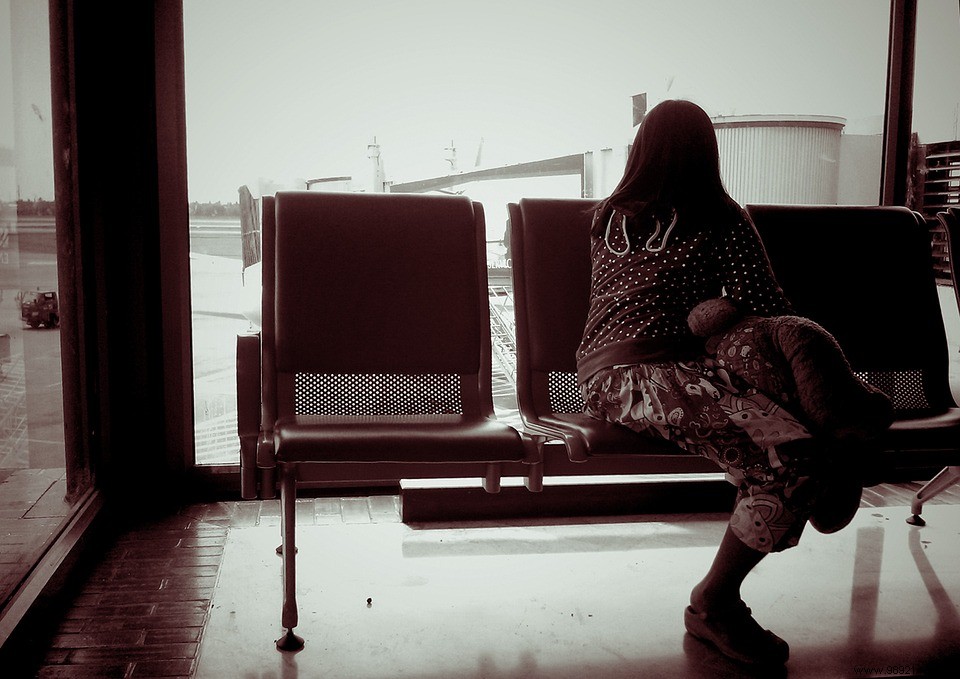Struggling to sleep during your first night at a friend's house, hotel, on a plane, or train? While discomfort can play a role, research reveals it's often your brain keeping watch.
We've all been there—waiting in an airport or train station, tempted by a quick nap, only to find it elusive. Even in plush hotel beds or cozy guest rooms, sleep evades many. This 'first-night effect' is widespread. A 2016 study in Current Biology, led by researchers at Brown University, used advanced neuroimaging to uncover what happens in the brain.
Normally, both hemispheres sync into sleep evenly. But in a new environment, the left hemisphere stays vigilant while the right rests normally. This asymmetry acts as a sentinel, preventing deep, restorative sleep.

The study involved 11 volunteers monitored with electroencephalography (EEG) and other techniques to track brain responses to sounds during sleep. Results showed heightened activity in the left hemisphere: faster electrical waves and quicker awakenings to stimuli. In essence, your brain treats novel surroundings as potential threats, with the left side on high alert.
Thankfully, adaptation is quick—after one or two nights, the brain relaxes. Some prior research notes effects lingering up to four days in certain cases.